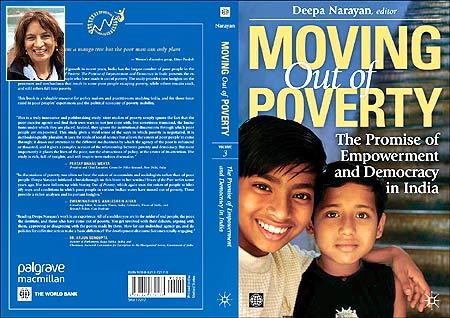
Deepa Narayan, who has been called one of the top thinkers in the world by Foreign Policy magazine, is the project director of the 15-country World Bank study titled Moving Out of Poverty: Understanding Freedom, Democracy, and Growth from the Bottom Up.
Narayan, who served as senior adviser in the Poverty Reduction and Economic Management Network of the World Bank, highlights the problems hurting India's growth and offers solutions to bridge the growing rich and poor divide in the country in an interview to Faisal Kidwai.
Here are the excerpts...
...
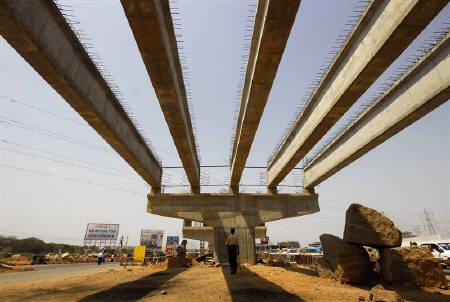
India first projected growth rate of nine per cent, then it scaled it down to eight per cent and now it is forecasting it to be just above seven per cent? What do you think are the major reasons for the slower-than-expected growth?
While the global recession obviously has an impact on demand, but anyone who spends any time in India can see three huge problems.
Poor physical infrastructure, poor business environment, which generate huge inefficiencies in doing business and manufacturing and growing shortages in skilled labour.
These persistent problems have to be addressed.
...
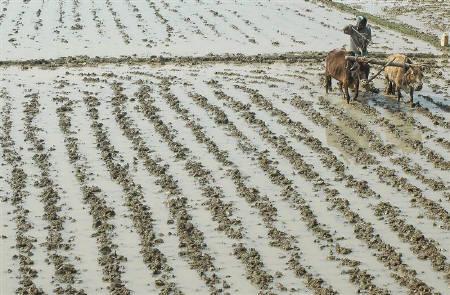
India is growing at a much faster rate than most countries, but there are still more than 400 million living below the poverty line and about the same are struggling to make ends meet. Do you think India is implementing right programmes for an all-inclusive growth?
This to me is the central question that should be addressed by economists: How can economic growth benefit poor people? India needs urgently to do three things for inclusive growth.
First, consider all economic policies on whether they will increase poor people's access to fair markets and second invest in human development, practical skills, education and third provide health care that is affordable, timely and of good quality.
Our studies show that poor people want more markets and more opportunity. They work hard for small returns.
...
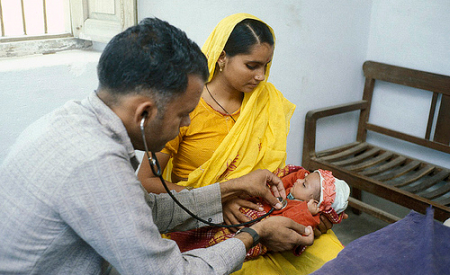
Markets are captured by the few. For poor people to have any chance in participating in markets on fairer terms, they require information, new practical skills, and know how on what markets want and how to get their produce to markets.
Rural roads become really critical and rural roads that connect villages to each other become critical.
Poor people are smart, entrepreneurial and inventive. They need to partner with businesses that are willing to invest in their ability to organize rather than just exploit, for example using self-help groups created by others for the distribution of their own goods to poor people as consumers rather than investing in them as producers.
Secondly, good quality education and literacy is basic and a human right.
Third, we found that even when poor people move out of poverty, they remain very vulnerable to illness and disease and the expenses to cure illness pushes family back into poverty almost overnight. Quality and free health care remains critical.
...
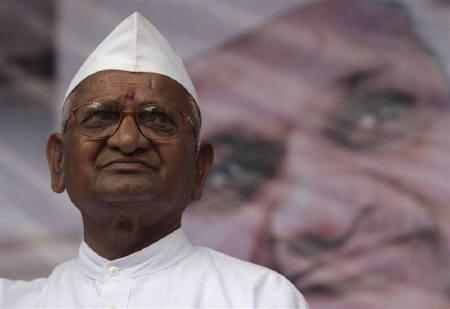
What should the government do to curb corruption?
The government should pass a strong Lokpal bill. Ordinary citizens need to organize and say no to corruption.
In a country where the judiciary is backed up for decades, there are few deterrents to bad behaviour. So the government should really focus on a strong, functioning and clean judicial system.
However, the government cannot become its own watchdog.
When corruption becomes deep and systematised, change will only come when there is a wide citizen-based movement and uprising against corruption and the excesses of service providers whether in government or the private sector.
Indians are known for their patience. We need a non-violent citizen protest movement that changes the norms of behaviour of citizens to politicians from one of deference to one of questioning and insistent accountability.
...
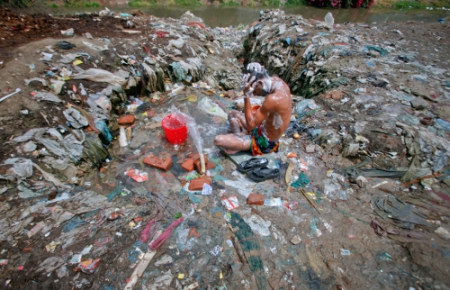
Where do you see India and China in terms of poverty reduction in the next 50 years?
Hopefully neither country will have any poor people in 50 years. In India between 30-40 per cent of the population currently live in poverty. In China poverty hovers around four per cent. In addition, our population growth rates are almost double, two per cent compared to China's 1.1 per cent.
In India, no politician speaks about the importance of birth control and the importance of contraceptive availability. I am less hopeful about India under the current policy regimes.
To bring about change in India requires a new vision of development and imagination; it requires India to carve its own unique path out of poverty rather than assuming that limitless urbanisation and industrialisation and concentrating agricultural production in the hands of large conglomerates is the answer.
It is very interesting to note that in the United States deconcentration of farming has started.
In other words, for the first time in history the number of small farms has started to increase, whereas in India the swing to concentration in the hands of a few is happening.